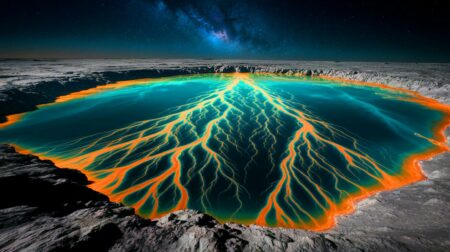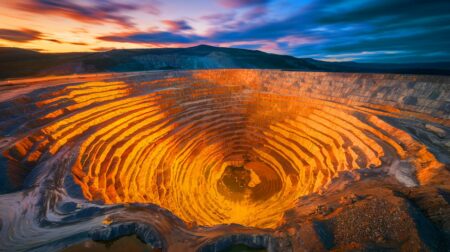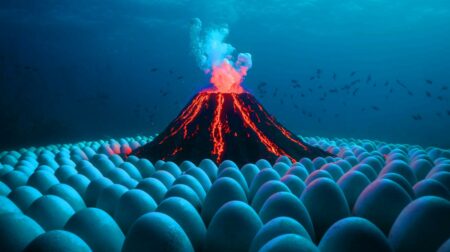Sir David Attenborough is a true doyen of conservationists. Whenever Attenborough, a widely beloved television personality famed for his arresting nature documentaries, has something to say on the state of affairs on the planet, people listen.
And he does have something to say and we’d better listen. Speaking the World Economic Forum in Davos, Switzerland, to many of the world’s most prominent politicians and business leaders, Attenborough stressed that time is pressing if we are to deal effectively with our harmful effects on the planet’s beleaguered ecosystems.
“The only conditions modern humans have ever known are changing and changing fast,” he noted during a high-profile interview with Prince William of the United Kingdom. “It is tempting and understandable to ignore the evidence and carry on as usual or to be filled with doom and gloom,” the television presenter and naturalist added. “We need to move beyond guilt or blame and get on with the practical tasks at hand.”

Attenborough, who is 92, said he has seen dramatic changes to the environment within his own lifetime. “I am quite literally from another age,” he said. “I was born during the Holocene, the name given to the 12,000-year period of climatic stability that allowed humans to settle, farm and create civilizations. Now in the space of one human lifetime, indeed in the space of my lifetime, all that has changed,” he elucidated.
“The Holocene has ended. The Garden of Eden is no more,” he went on. “We have changed the world so much that scientists say we are now in a new geological age — the Anthropocene — the Age of Humans.”
Our impacts on the planet have been far graver than anyone could have predicted even half a century ago, he observed. “When I started 60 years ago in the mid-50s, to be truthful, I don’t think there was anybody who thought that there was a danger that we might annihilate part of the natural world,” Attenborough said.
“We are now so numerous, so powerful, so all pervasive, the mechanisms we have for destruction are so wholesale and so frightening that we can exterminate whole ecosystems without even noticing it,” the naturalist explained. “We have now to be really aware of the dangers that we are doing. And we already know that, of course, the plastics problem in the seas is wreaking appalling damage on marine life, the extent of which we don’t yet fully know,” he added.
Few people have seen more of the wonders of the natural world up close than the British television presenter, who has produced numerous brilliant nature documentaries over the past six decades, including his latest, Our Planet on Netflix.
“Now we can go everywhere, we can go into the bottom of the sea, we can go into space, we can use drones, we can use helicopters, we can use macroworlds, we can speed things up, we can slow things down, we can film in the darkness and so the natural world has never been exposed to this degree before,” Attenborough said.
However, he cautioned, despite our scientific advances and leaps in knowledge, “the paradox is that there has never been a time when more people are out of touch with the natural world than there’s now… yet the essential ingredient, essential part of human life, is a healthy planet. We are in the danger of wrecking that.”
Did you like it? 4.4/5 (25)









